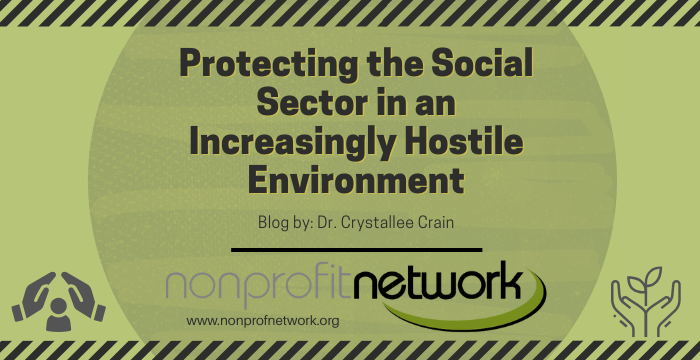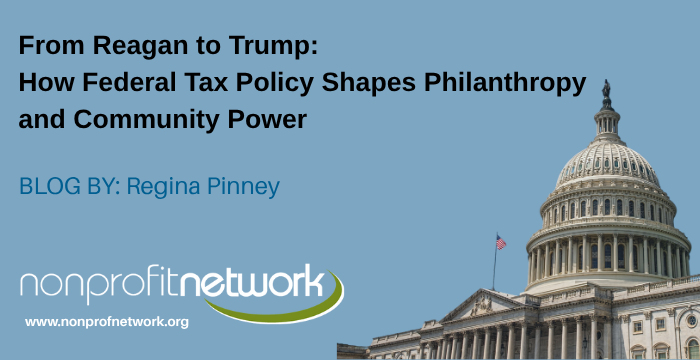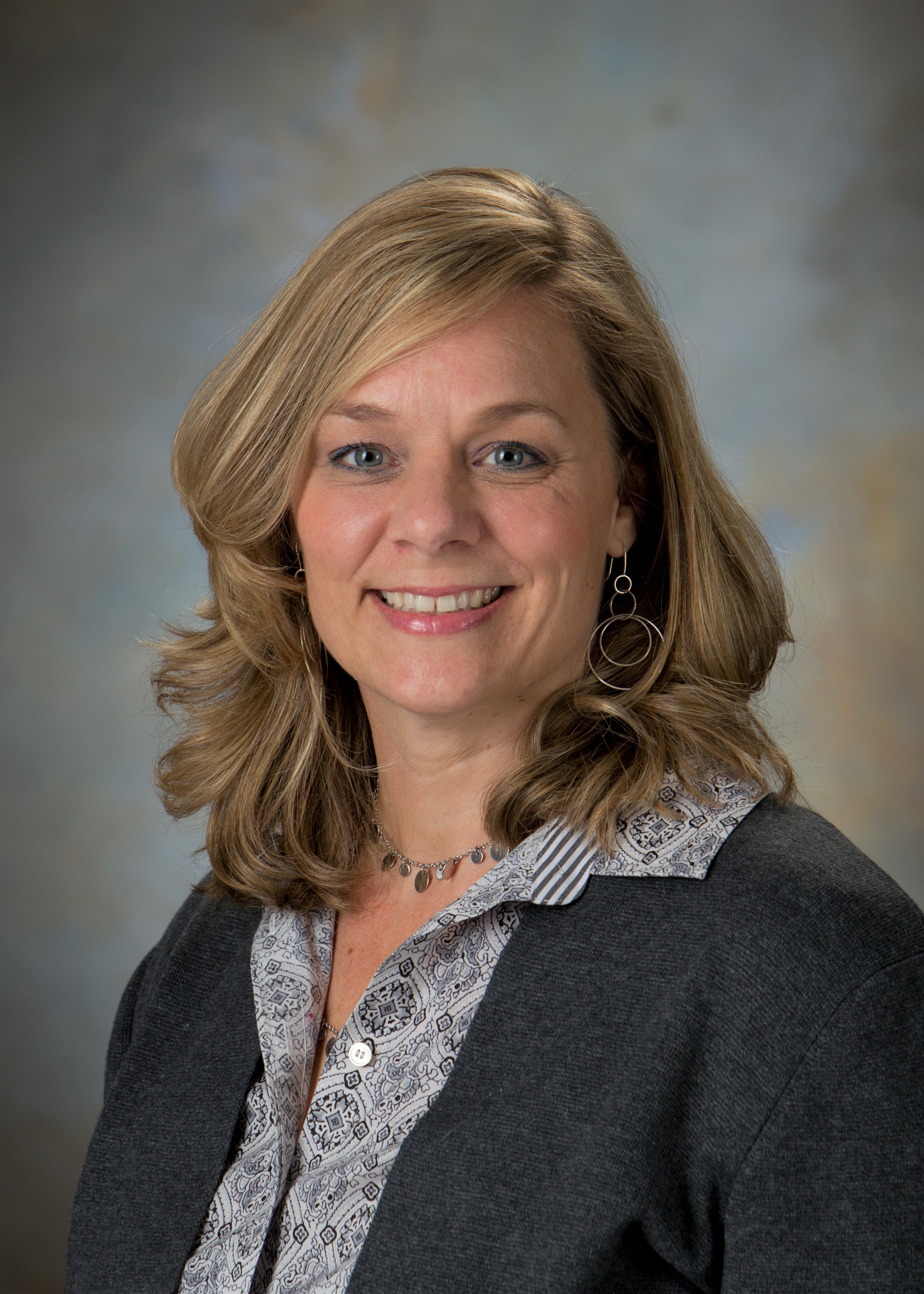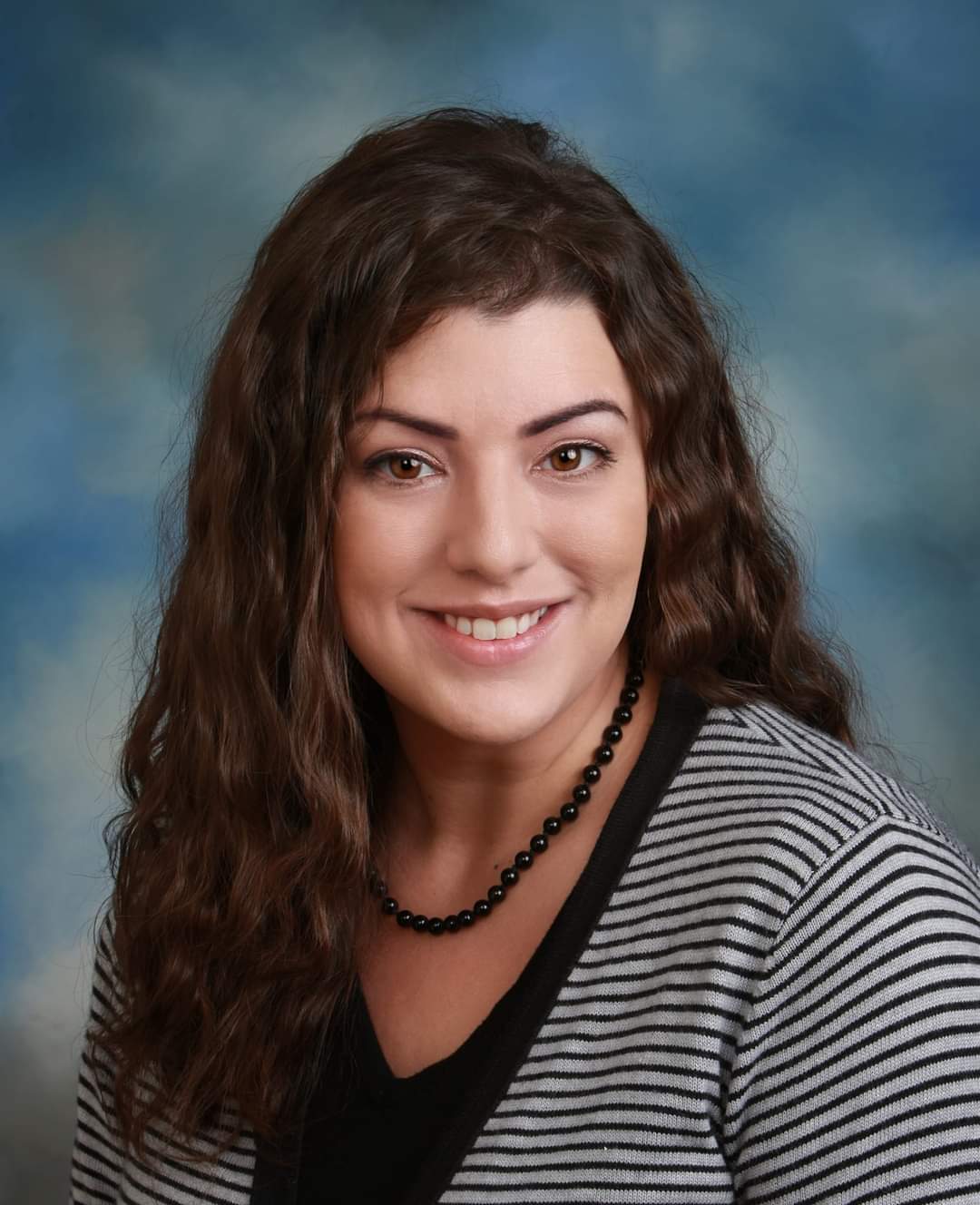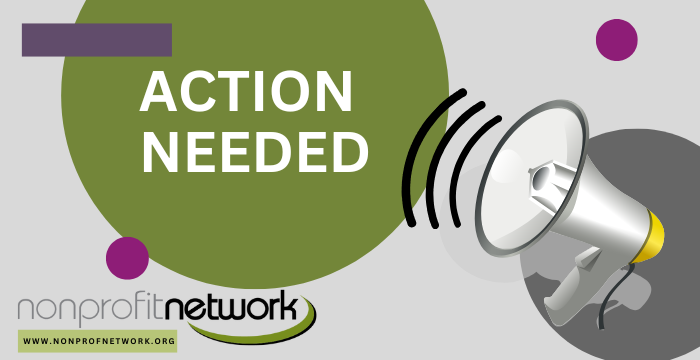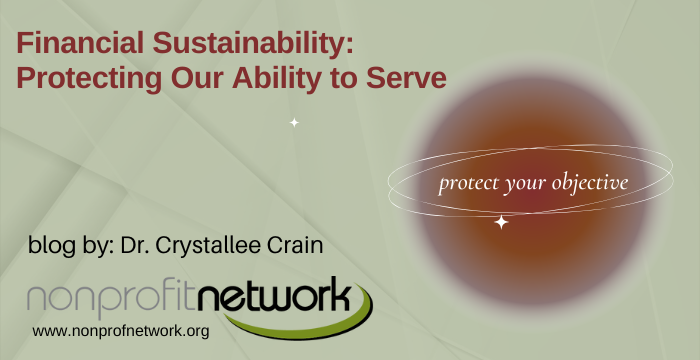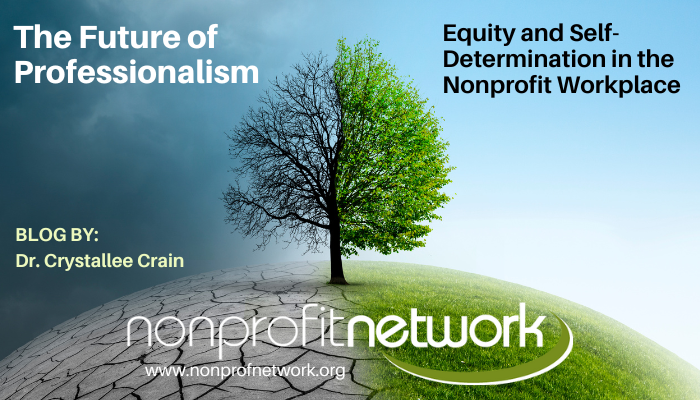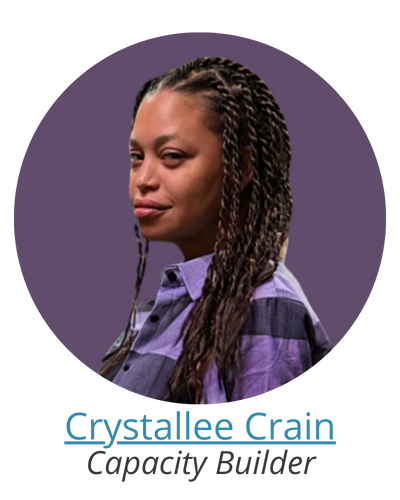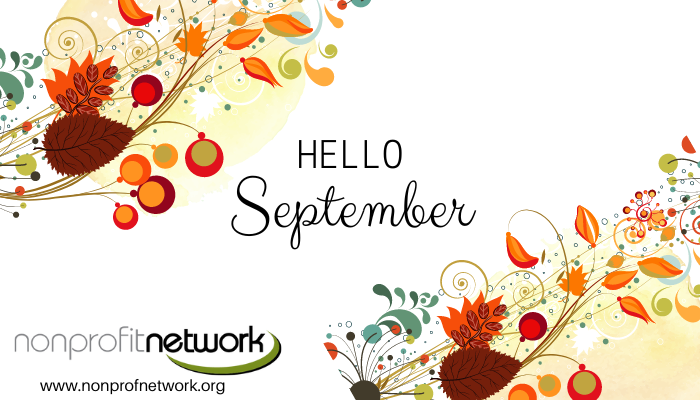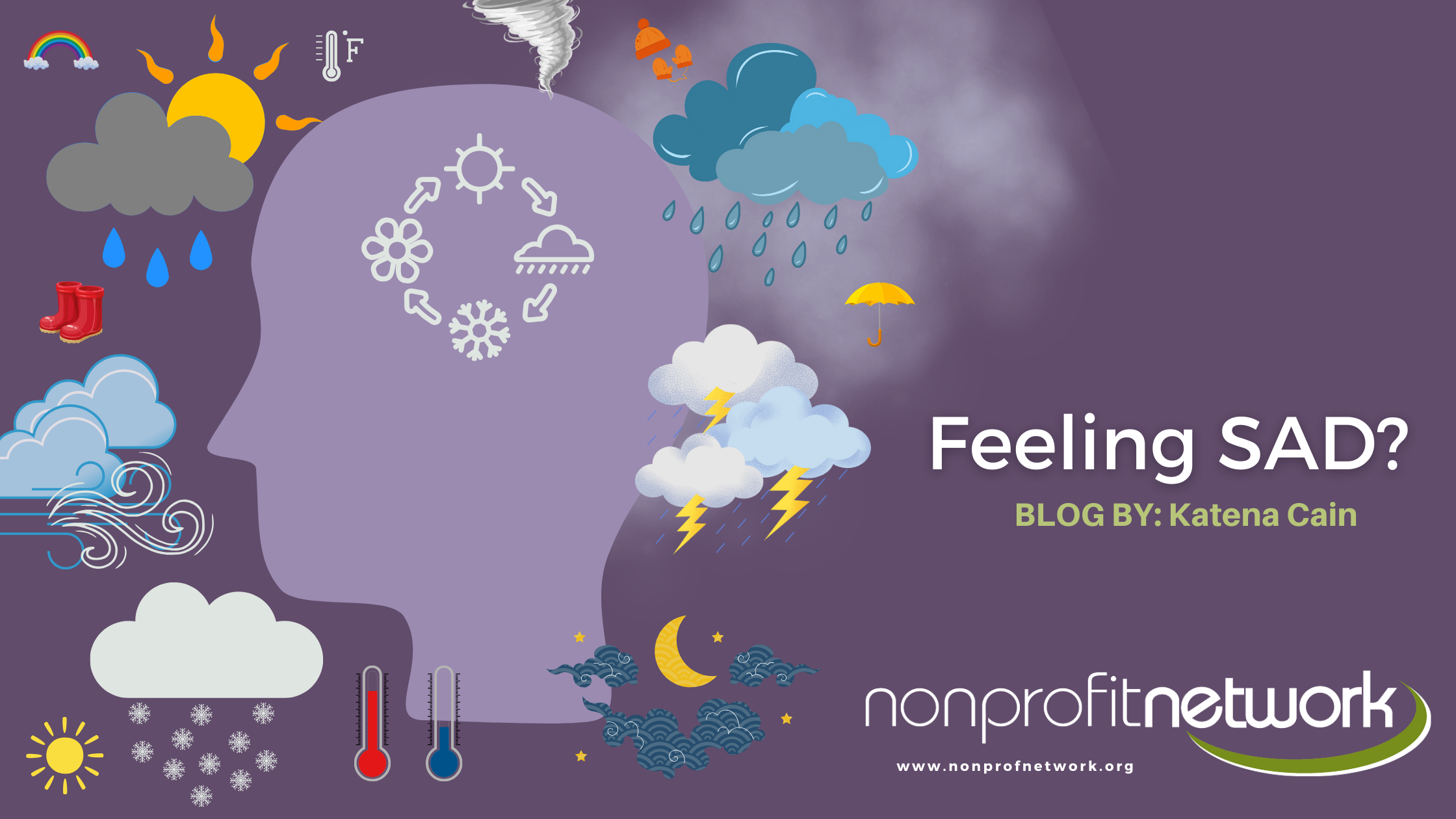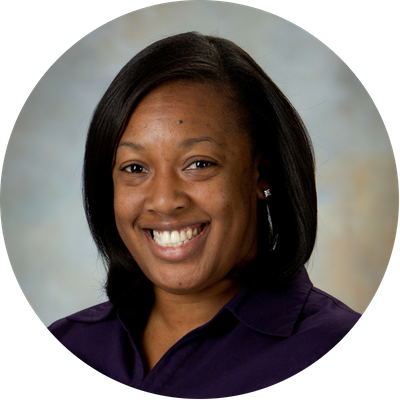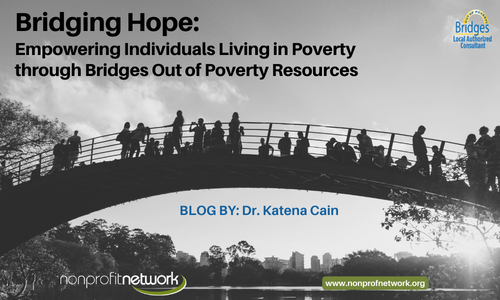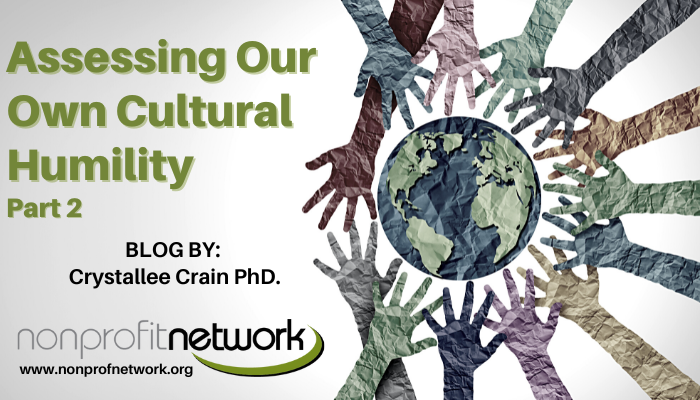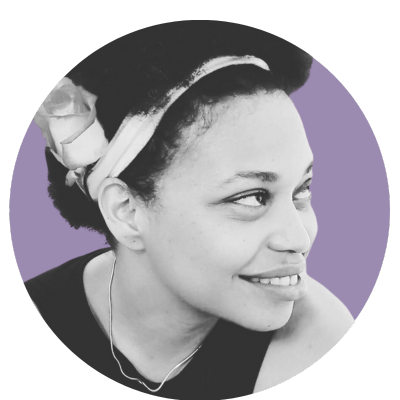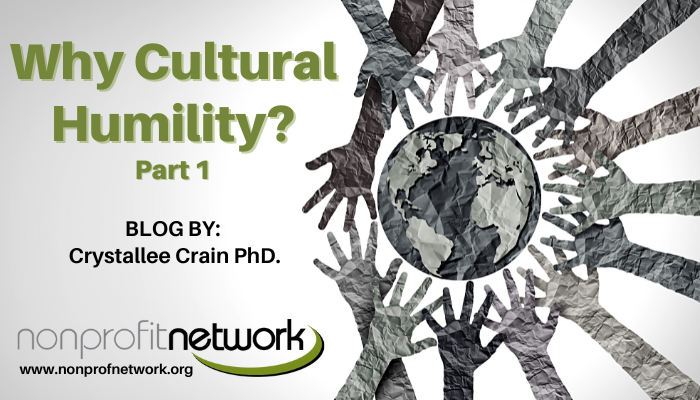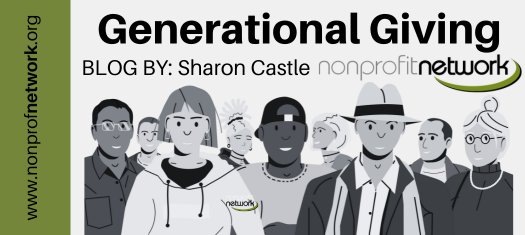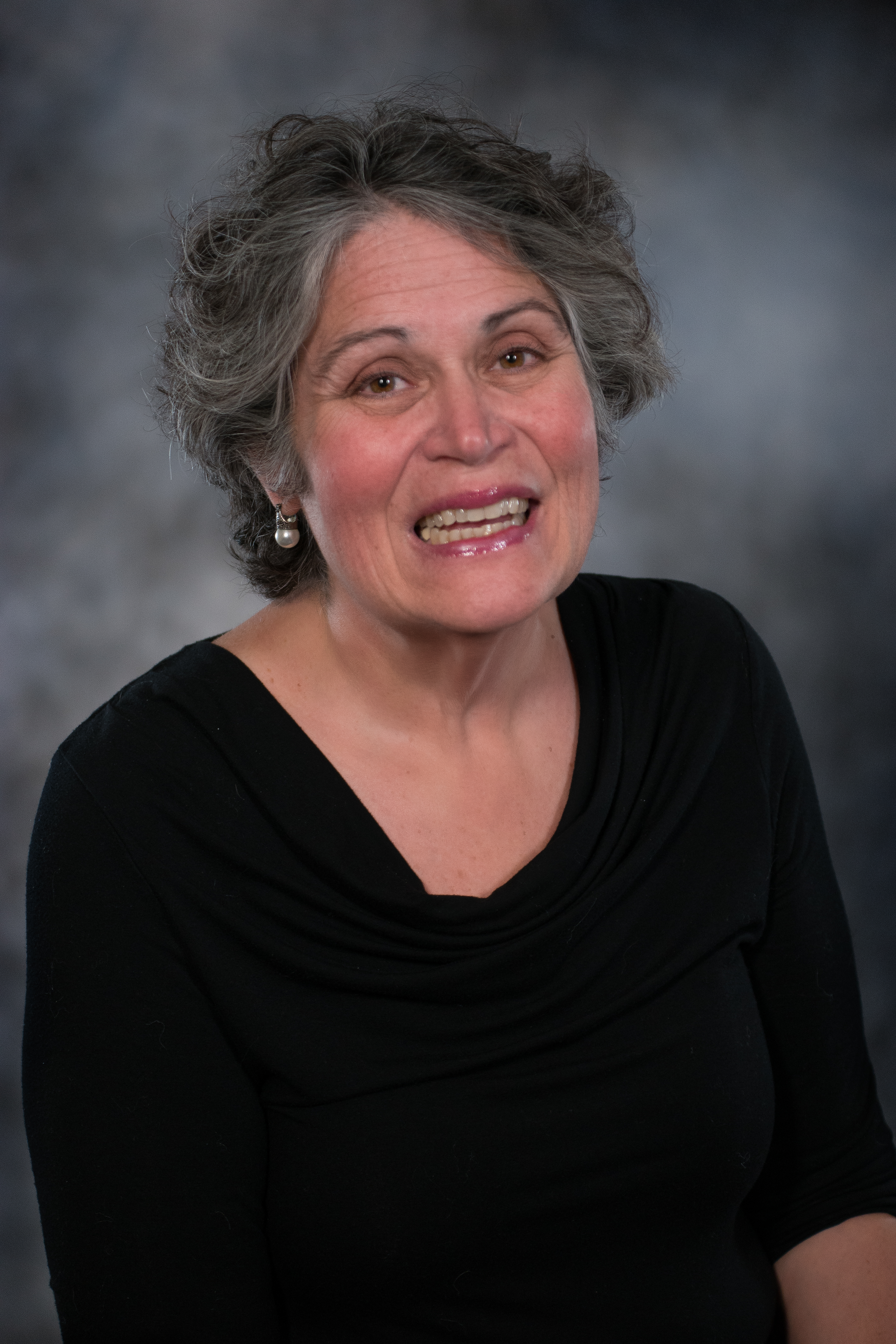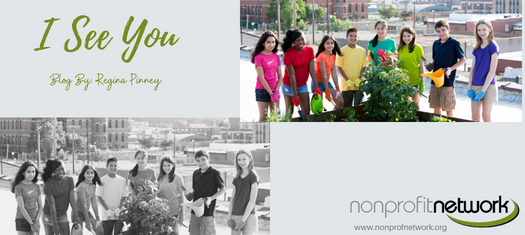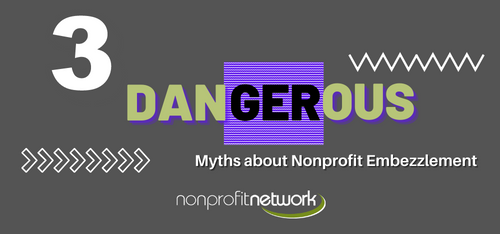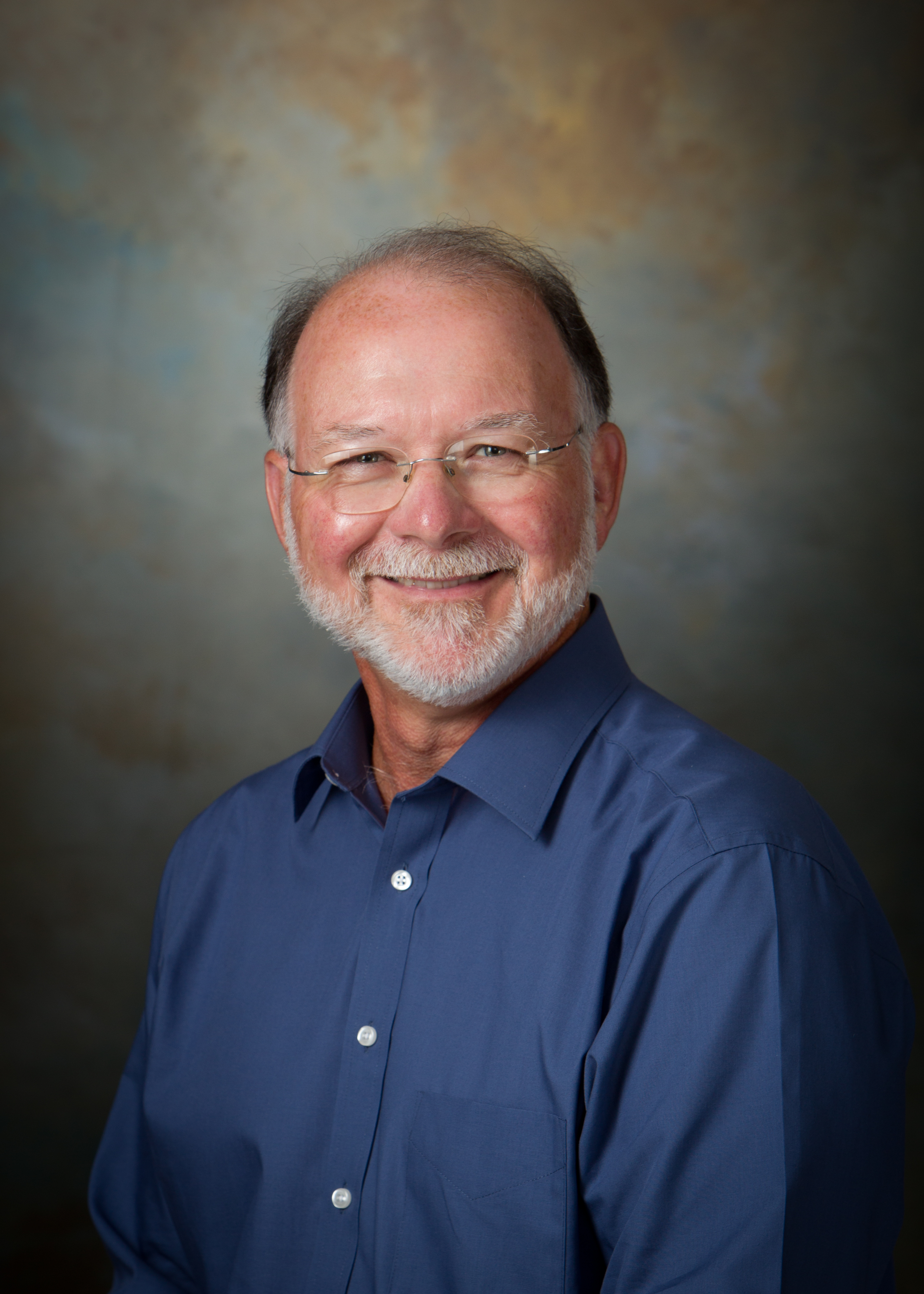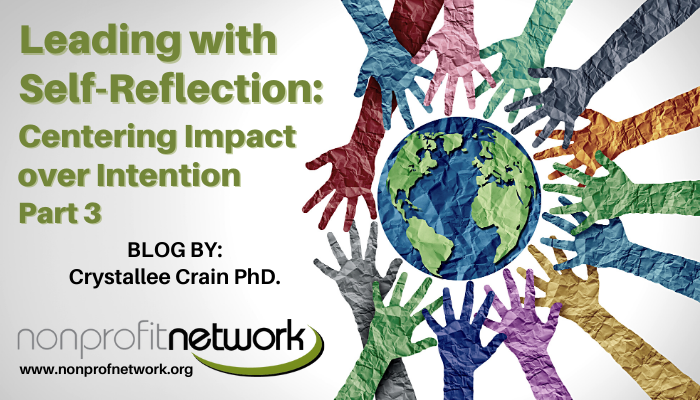
Leading with Self-Reflection: Centering Impact over Intention
Emotionally we know that our work in the nonprofit field often takes us beyond our job description. This is because the nature of our work relies on a responsiveness to the human condition. Ours and the communities we serve.
It only makes sense that our personal and professional development must also shift. I found the theory of cultural humility appealing years ago, 3 years ago I developed the cultural humility in practice training to strengthen our capacity to leave and serve while preventing unnecessary harm.
I’ve found that self-reflection and personal inquiry are crucial aspects of individual growth and development, and they play a vital role in building stronger communities, fostering intersectional solutions, and driving transformative leadership and culture change.
By delving into the depths of our own experiences, motivations, and biases, we gain a deeper understanding of ourselves, which in turn enables us to empathize with and appreciate the perspectives of others. We also know that generative self-critique can inform sound decision making on the micro and macro level - this can save lives. This introspective process is instrumental in shaping empathetic, inclusive, and resilient communities.
In Part 1: Why Cultural Humility - we shared the importance of a cultural humility lens for nonprofit leaders.
In Part 2: Assessing Our Own Cultural Humility - we explored scenarios that highlighted the opportunity for potential practice shifts based on the needs of community members, how our biases and perspectives could limit the care we’re able to provide in community.
In this blog, we will review a handful of the results of the Cultural Humility Assessment in the context of our future learning opportunity coming up at the end of this month (Jan 31, Feb 7). You can see the raw results of the survey here and you can register for our upcoming training event Here.
Self-Reflection and Personal Inquiry
Self-reflection involves examining one's thoughts, feelings, and experiences in a contemplative manner. It requires individuals to assess their beliefs, values, and behaviors with a critical eye, facilitating a greater self-awareness. Personal inquiry, on the other hand, involves asking meaningful questions about one's identity, purpose, and relationships. It encourages individuals to seek understanding and meaning in their experiences, leading to a more profound sense of self-discovery.





